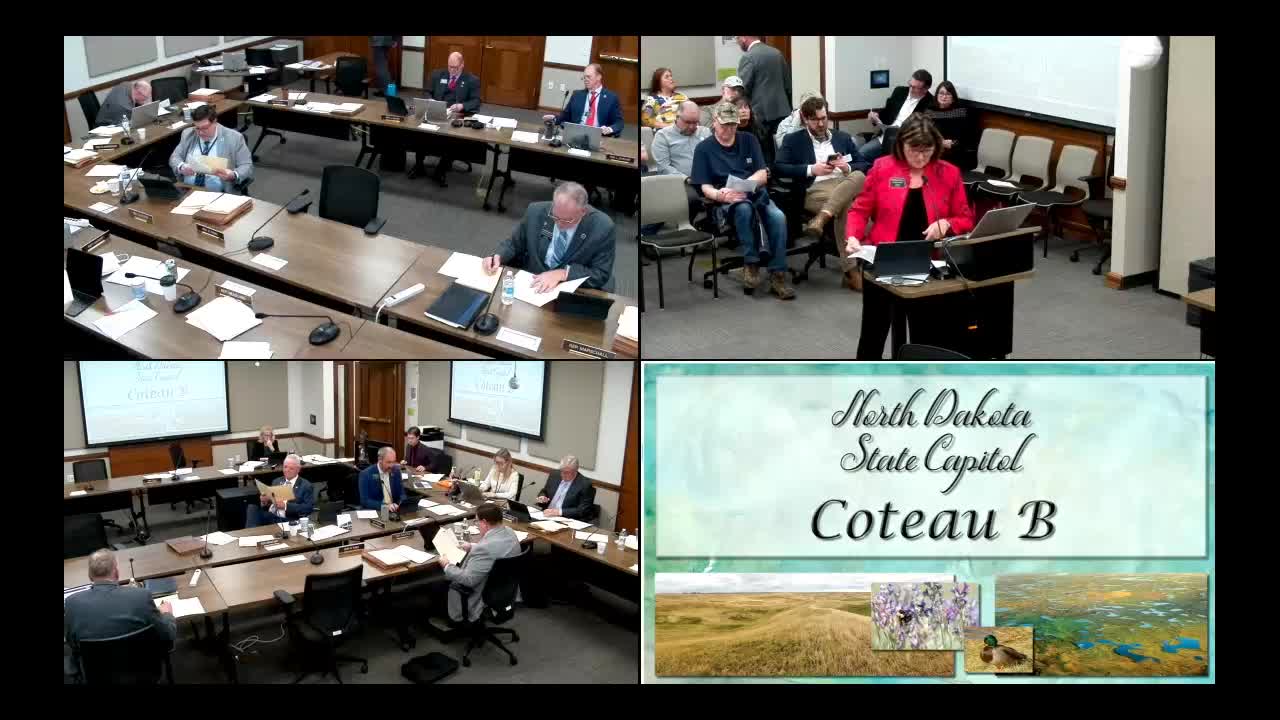Article not found
This article is no longer available. But don't worry—we've gathered other articles that discuss the same topic.
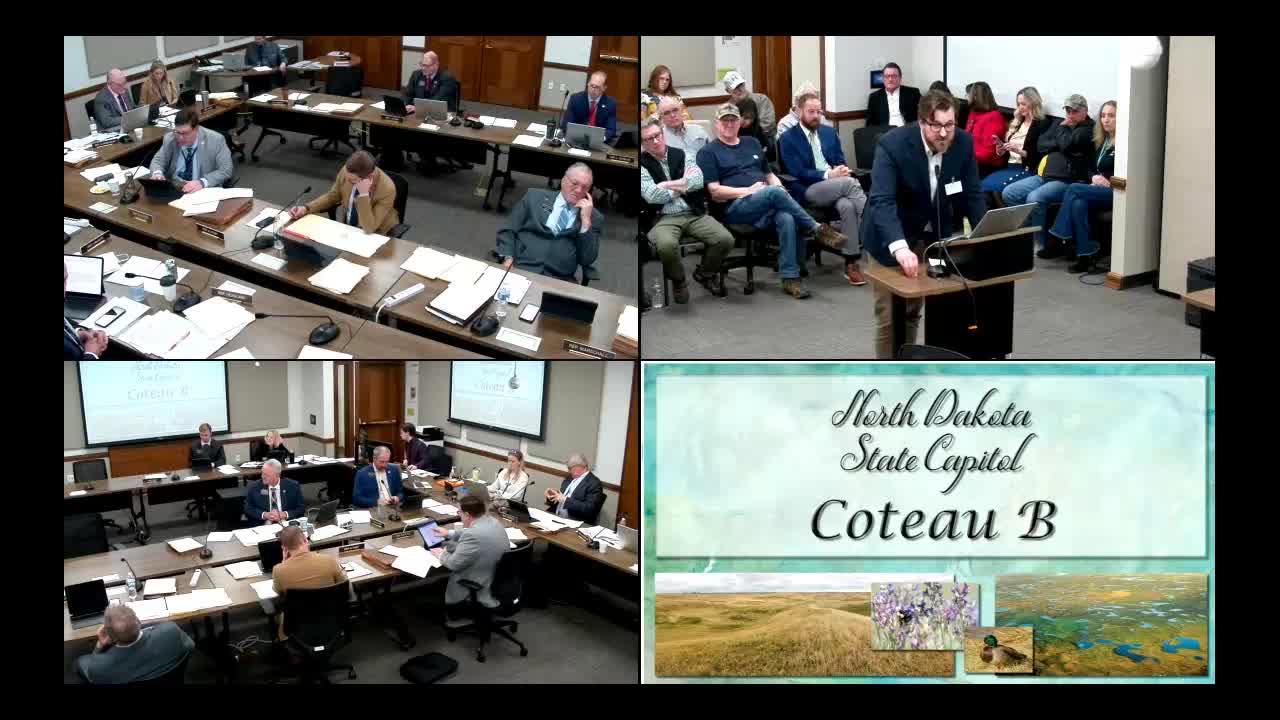
Bill to bar eminent domain for CO2 storage, repeal pore‑space amalgamation draws split testimony
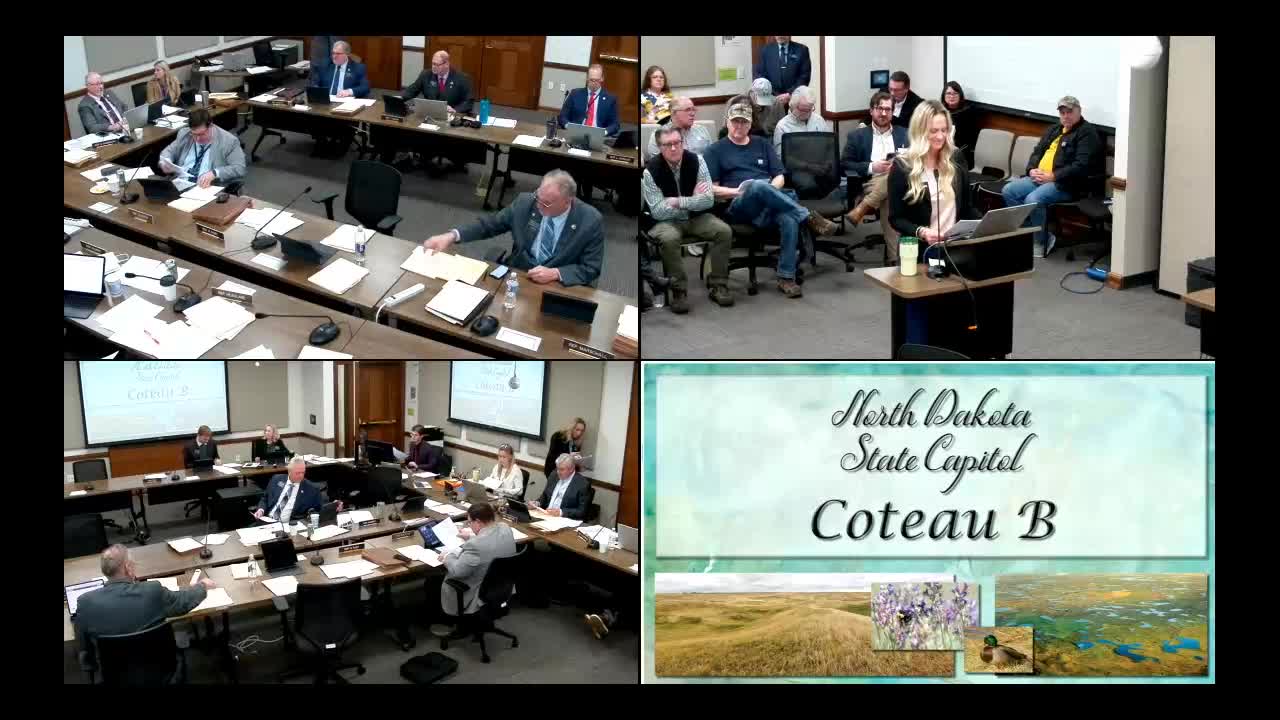
Hearing on bill to remove CO2 from common‑carrier law draws wide, divided testimony
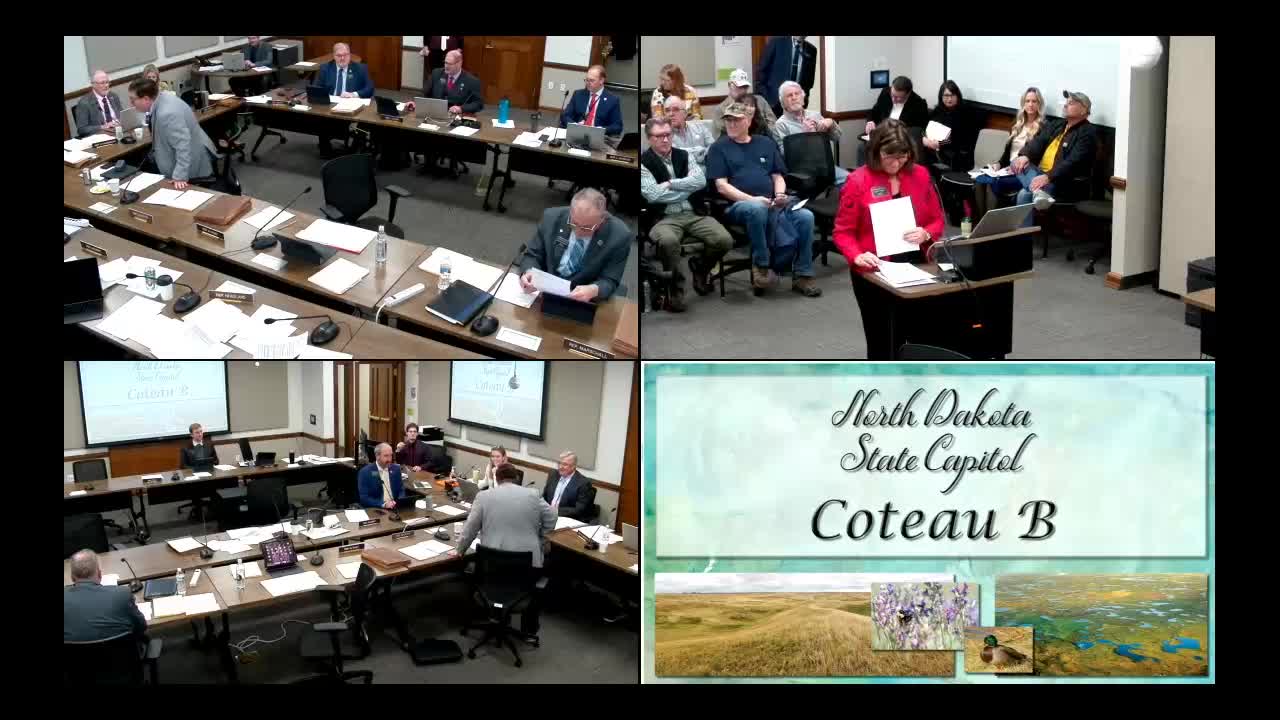
Committee hears bill to impose 2‑year moratorium on direct air carbon capture projects
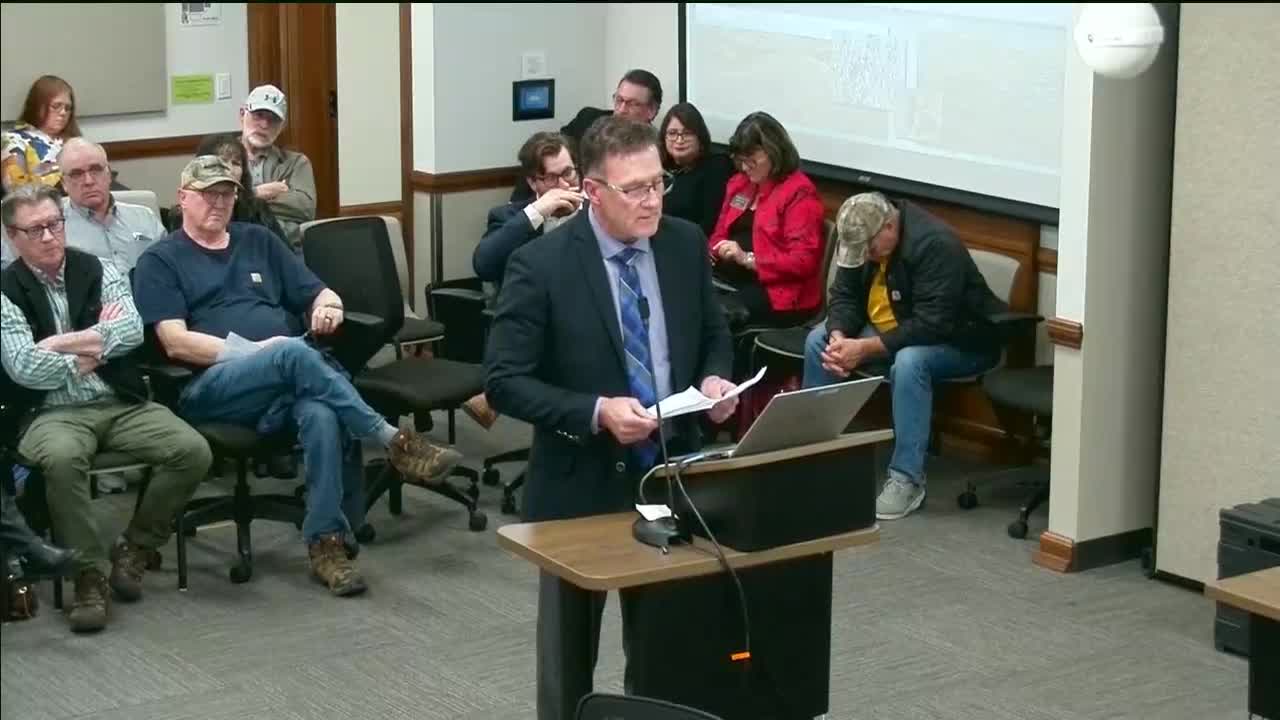
Committee hears bill to prohibit extreme‑risk protections; cities and advocates express concerns
